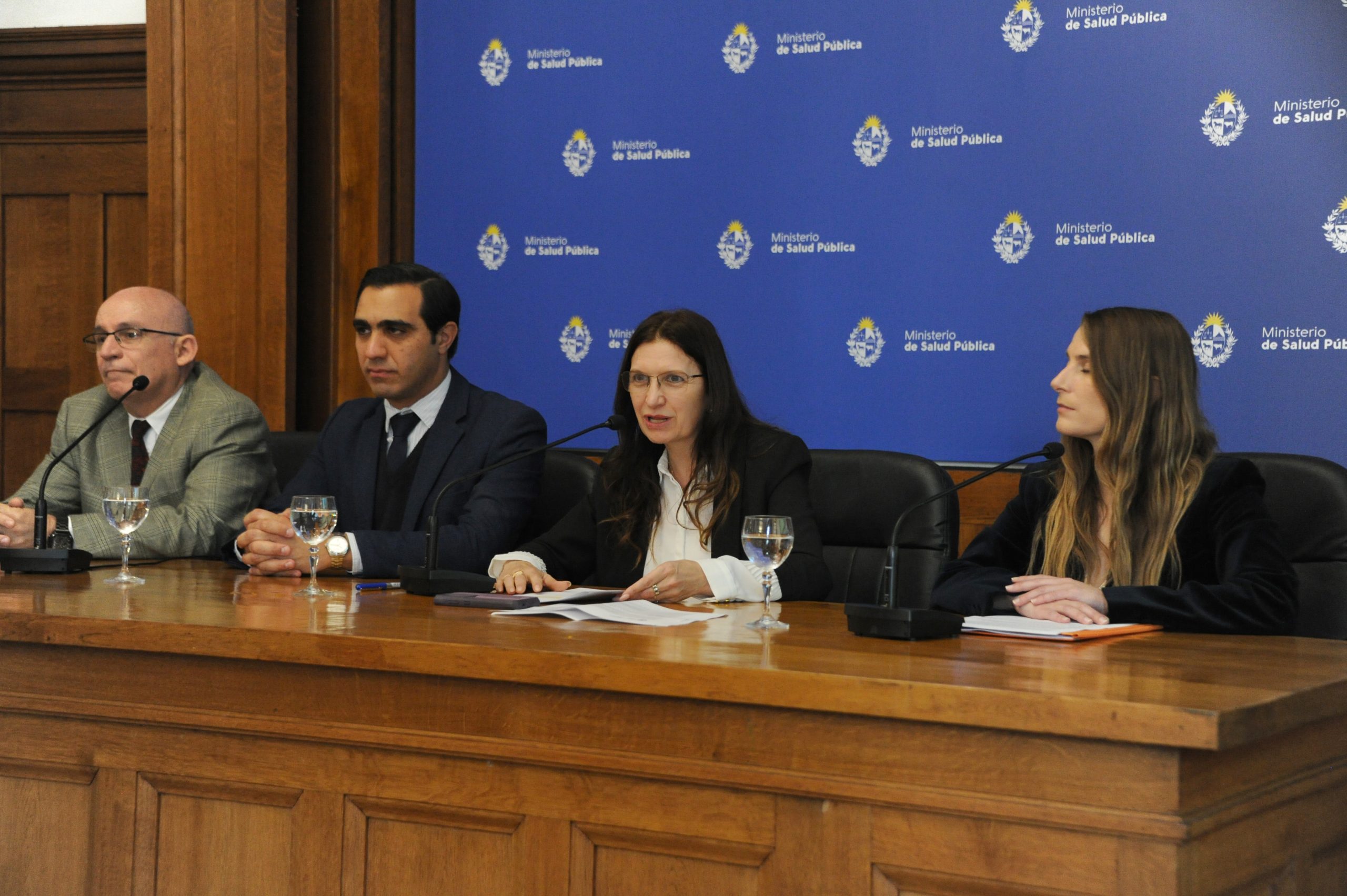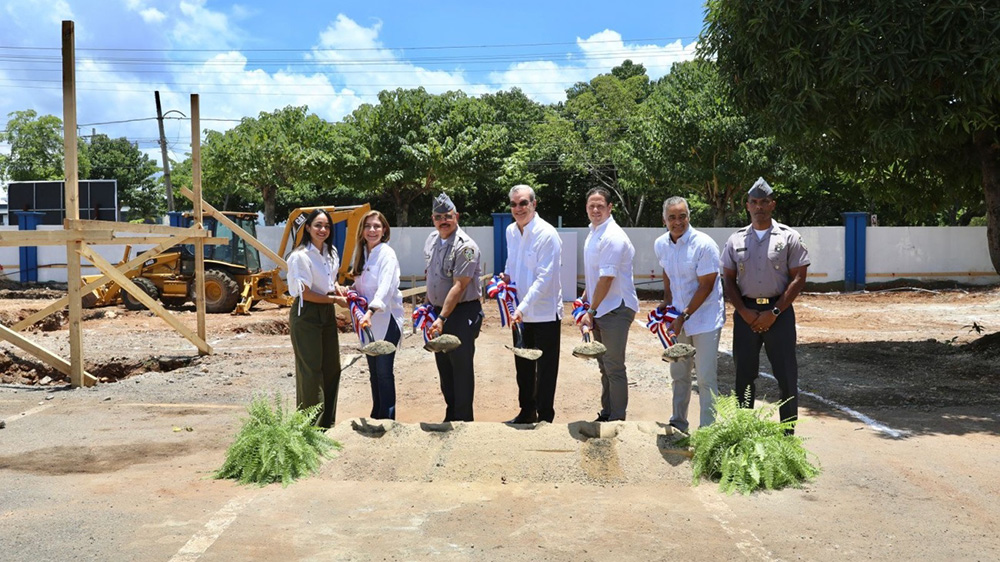MSP celebrated World Week from August 1st to 7th
The Ministry of Public Health (MSP) presented the World Breastfeeding Week, which runs until next Thursday, the 8th. On this occasion, the head of the portfolio, Karina Rando, highlighted the importance of newborns receiving this nutrition from their mother and pointed out that Uruguay is well positioned in the world in this aspect of public health.
During the presentation, Minister Rando thanked the inter-institutional technical teams that contribute knowledge and work on this issue and said that Uruguay is in a good position regarding breastfeeding in the first six months of life. In this regard, she added that the international average is 44% of this type of feeding exclusively in the referred period and that in Uruguay this indicator rises to 54.7%.
She also considered that breastfeeding brings benefits for the baby in terms of nutrition and protection from an immunological point of view, since it reduces the risk of contracting infectious diseases, and also for the mother, such as weight recovery and, especially, from a psychological point of view. “Postpartum depression is a reality that exists, and this can be an important tool to combat and mitigate puerperal depression,” she said.
She also said that, compared to supplements, breast milk is always cheaper and ready to be consumed by the baby. “In vulnerable contexts, breastfeeding is doubly important in the first months of life, to avoid diarrhea, which sometimes affects the neurological level,” she said.
Finally, she said that in Uruguay there are two areas of work that constitute an international reference in this matter: the space for breastfeeding in work spaces, provided for by law, and the accreditation of hospitals as baby-friendly centers, granted jointly with UNICEF.
Fazio reported that this year the theme of World Breastfeeding Week is “Closing the gap,” which means that women and families receive qualified support and that children can be breastfed from the beginning. She also emphasized the importance of generating knowledge and disseminating the topic and not competing with advertisements for supplements for newborn babies, which do not replace breastfeeding provided by the mother.
Regarding international figures and Uruguay’s position in this regard, she indicated that the country is well positioned, since the World Health Organization requires more than 50% exclusive breastfeeding until the sixth month of life.

















